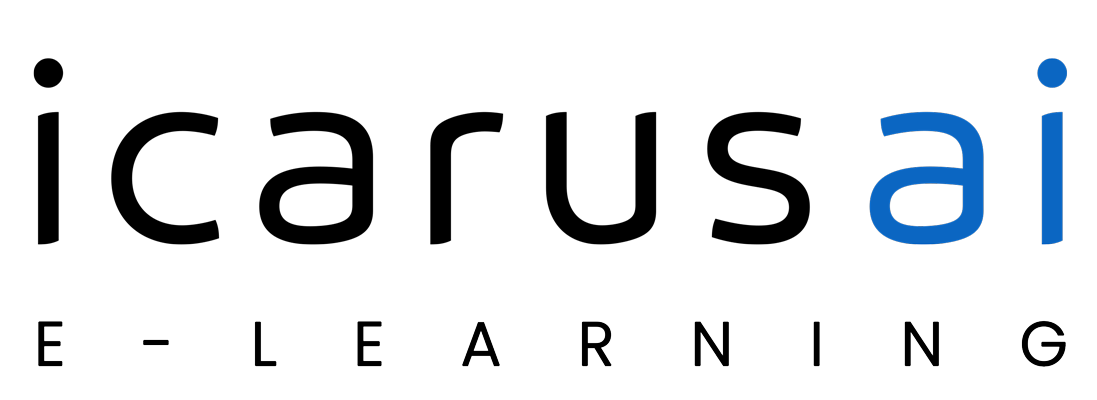This course provides an extensive introduction to the fundamental concepts and methods of biostatistics specifically tailored for biomedical engineers. The course aims to equip students with the necessary statistical skills and knowledge to effectively analyze and interpret biomedical data, enabling them to make informed decisions in their research and engineering projects.
Throughout the course, students will explore key topics such as data collection, data visualization, descriptive statistics, probability distributions, hypothesis testing, regression analysis, and experimental design. Emphasis will be placed on understanding the unique challenges and considerations associated with biomedical data, including issues related to bias, confounding variables, and ethical implications.
Hands-on exercises and real-life examples will be integrated into the curriculum to enhance practical understanding and application of biostatistical techniques. Students will also have the opportunity to work with statistical software commonly used in biomedical research, further strengthening their analytical capabilities.
By the end of this course, students will have developed a solid foundation in biostatistics, enabling them to critically evaluate and effectively communicate statistical findings in the context of biomedical engineering. This knowledge will prove invaluable in conducting research, designing experiments, and contributing to advancements in the field of biomedical engineering.
